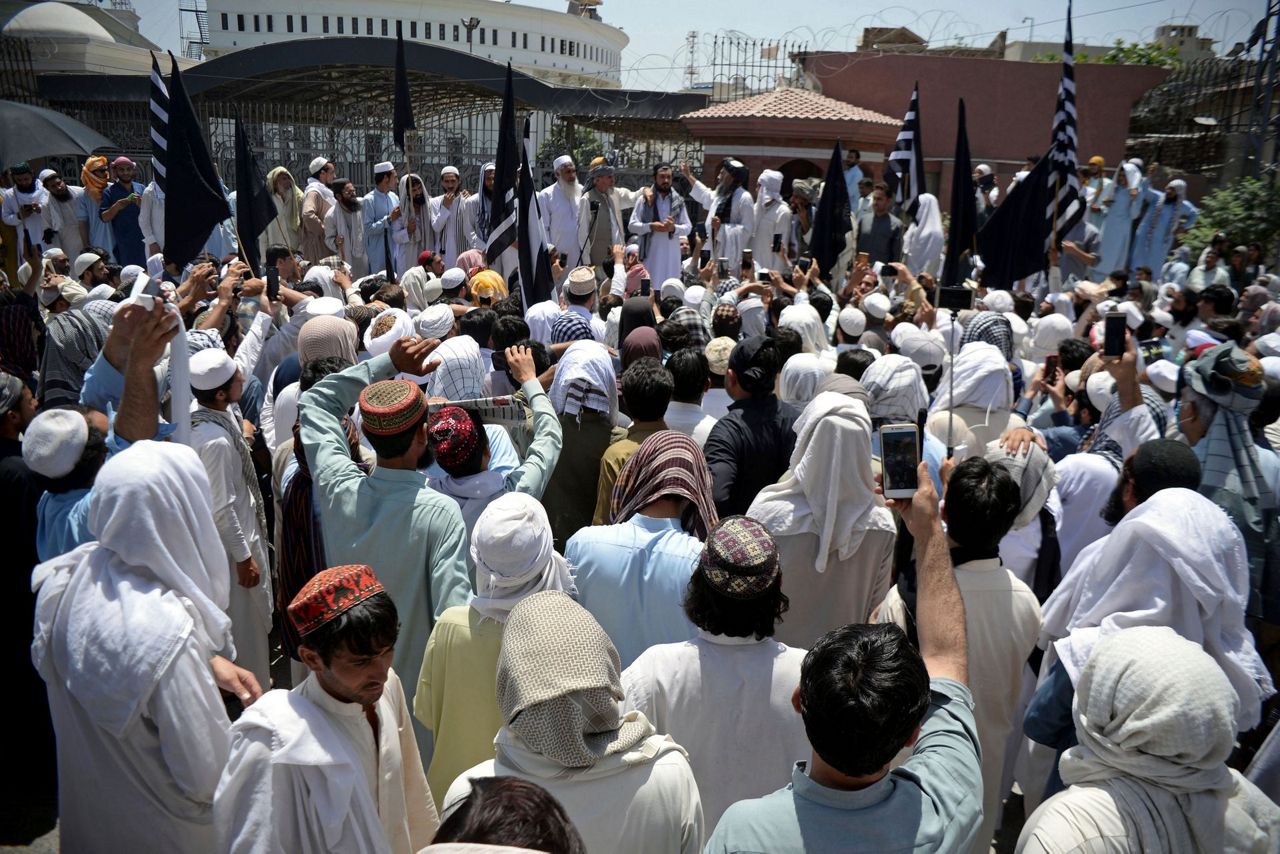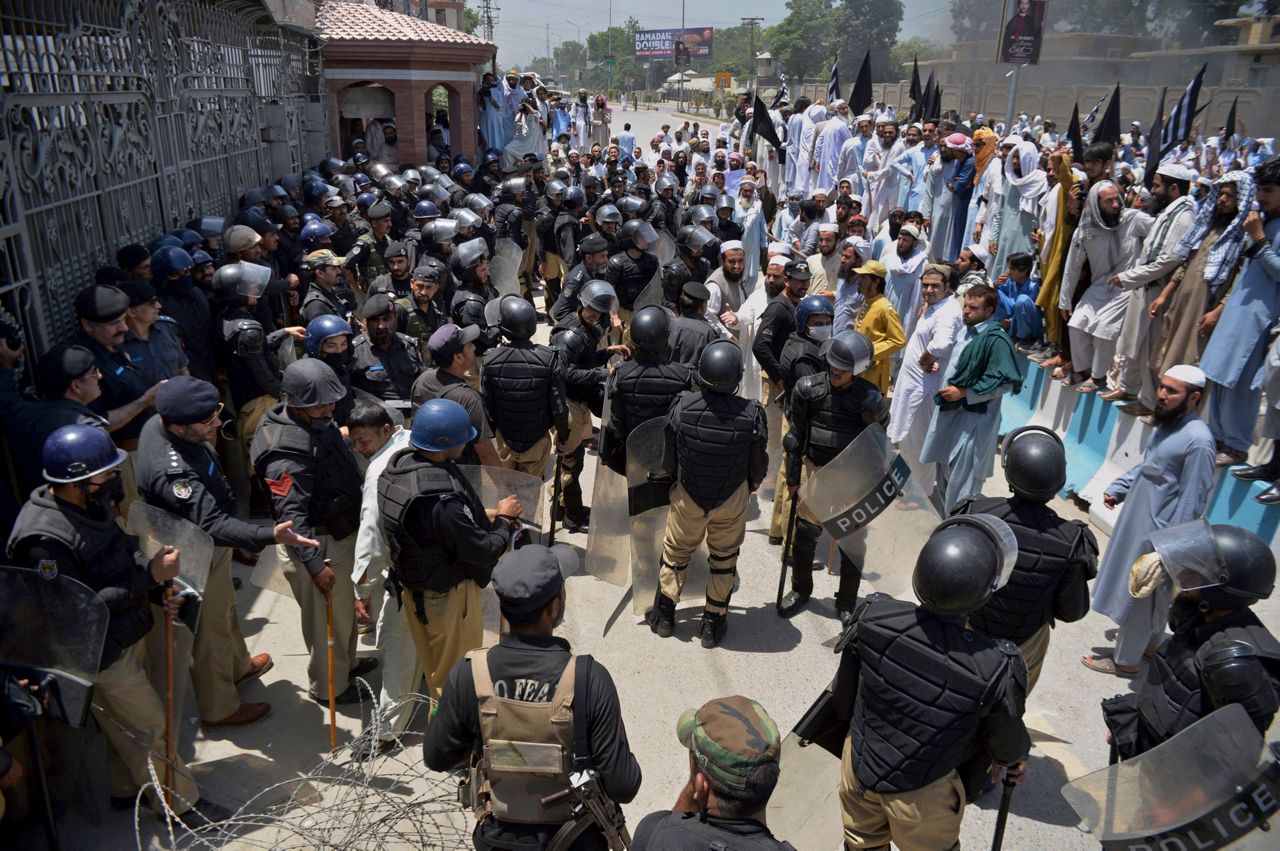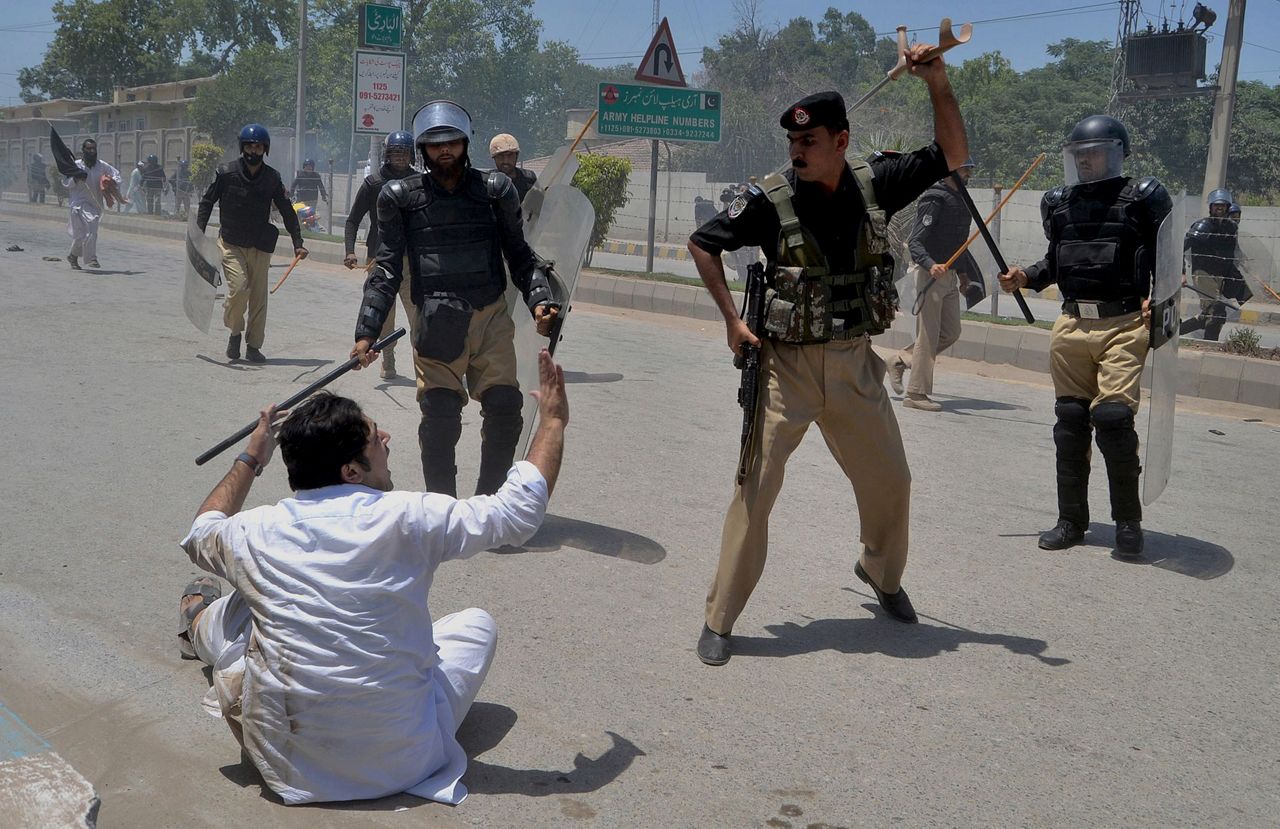PESHAWAR, Pakistan (AP) — The assembly of northwestern Khyber Pakhtunkhwa province approved a bill Sunday to merge the tribal regions along the Afghan border with its territory, paving the way to granting equal rights to about 5 million people in the restive area.
The milestone step comes after both houses of parliament had earlier approved granting equal rights to the tribes that have been governed by discriminatory laws since British colonial rule. The bill now goes to President Mamnoon Hussain to be signed into law.
Haji Abdul Rehman, a tribal elder from the Mohmand tribal area and member of the Grand Tribal Jirga (Council), welcomed the step saying it will give the tribes rights other Pakistanis enjoy, in addition to bringing development and facilities to the region.
Likely fearing loss of political influence in the region, hardliner religious Jamiat Ulema-e-Islam party, however, opposed the process saying the region's population should have been consulted before any decision was taken. Outside the assembly hundreds of the party's charged supporters tried to block entry to the assembly; police used batons and tear gas to disperse them. Protesters threw stones injuring six policemen, damaging vehicles belonging to media outlets in the process, said police officer Kamal Hussein.
Maulana Lutfur Rehman of JUI said in the assembly that the tribes have a right to determine their fate.
The regions remain effectively lawless and in recent years have become a haven for militants.
Neighboring Afghanistan also expressed reservations over the process saying it should have involved a consensus among the region's residents.
The Afghan presidential palace said in a statement Saturday that the Afghan government has repeatedly shared its concerns through diplomatic channels with Pakistan and the international community regarding any unilateral moves along the Durand Line that separates the two countries.
"There is a military situation in the Federally Administered Tribal Areas. Any decision should have been made while the situation was clam where the real desire of its people could be reflected," said the statement, adding that "any military and political approach without bilateral consultation regarding the tribal regions will be seen as unilateral and against the 1921 pact between British India and Afghanistan."
Islamabad rejected Kabul's stance saying Parliament's decision reflects the will of the people.
Afghanistan's national security adviser Hanif Atmar is in Islamabad leading a delegation. It is not clear whether his presence was related to this development but he will meet with his Pakistani counterpart and other political and military officials during his stay.
Copyright 2018 The Associated Press. All rights reserved. This material may not be published, broadcast, rewritten or redistributed.






